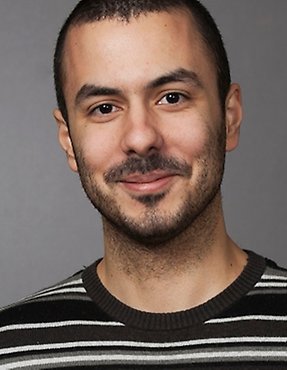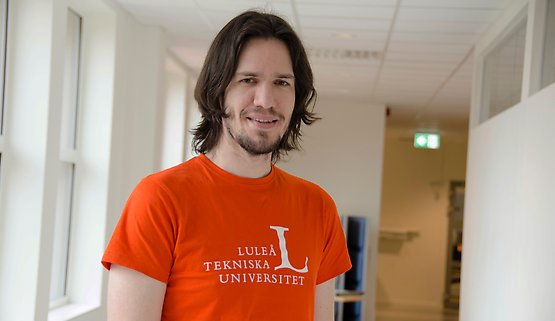Luleå University of Technology
Machine Learning assisted engineering of artificial microbial consortia for the delivery of bio-plastic materials from renewable waste
WISE-WASP
Pilot
PhD
Open
Research question
In response to the environmental challenges presented by fossil-based plastics, including energy wastage and environmental pollution, there’s a pressing need to identify biodegradable plastics derived from renewable sources. Polyhydroxyalkanoates (PHAs), microorganism-produced polyesters, emerge as promising contenders, as they echo many of the favorable properties of petroleum-based plastics while being biodegradable and biocompatible. However, the commercial production of PHAs is hamstrung by their production costs, mainly connected to the raw material cost. Reliance on single microbial cultures narrows the spectrum of usable feedstocks, which coupled with low PHA accumulation yields stands as a significant impediment to their widespread commercial adoption. The potential solution lies in microbial consortia capable of metabolizing complex carbon sources, like agricultural or forest residues and industrial organic waste.
The focus of this project is on engineered artificial microbial consortia. They provide the potential to design microorganisms that can engage in symbiotic relationships. Yet, traditional techniques to build these artificial consortia are labor-intensive, resource-heavy, and often neglect the intricate microbial interactions, which can lead to unexpected outcomes or even consortium collapse. Recent advances in high-throughput screening, sequencing, computational techniques, and machine learning (ML) have paved the way for designing, building, and analyzing complex microbial consortia. This evolution has been propelled by high-throughput biological data sources, encompassing transcriptomics, proteomics, and metabolomics, to name a few.
The project aims to devise a machine learning tool, incorporating meta learning and SSL, that predicts the multi-tiered microbial interactions towards optimizing the synthesis of microbial communities.
Sustainability aspects
The project aims to deliver the next generation renewable bio-plastic materials that will be produced by using mild condition employing microbial cells and waste streams as feedstock. By doing this, the project will address the growing issue of the production and use of fossil-based plastic that are responsible for significant release of greenhouse gases, as well as environmental pollution. Moreover, the use of organic waste as feedstock will further contribute to the sustainability of the process and will convey additional environmental benefits by repurposing such waste streams and avoid their disposal into environment.
The project targets the following UN Sustainable Development Goals (SDGs):
SDG 9: Industry, Innovation and Infrastructure
SDG 12: Responsible Consumption and Production
SDG 13: Climate action
SDG 14: Life below water
SDG 15: Life on land

Luleå University of Technology
Leonidas Matsakas
Associate Professor
leonidas.matsakas@ltu.se

Luleå University of Technology
Markus Liwicki
Professor
marcus.liwicki@ltu.se
Explore projects under the WISE program
WISE drives the development of future materials science at the international forefront. The research should lead to the development of sustainable and efficient materials to solve some of today's major challenges, primary sustainability. On this page you can read more about our research projects.
Explore projects